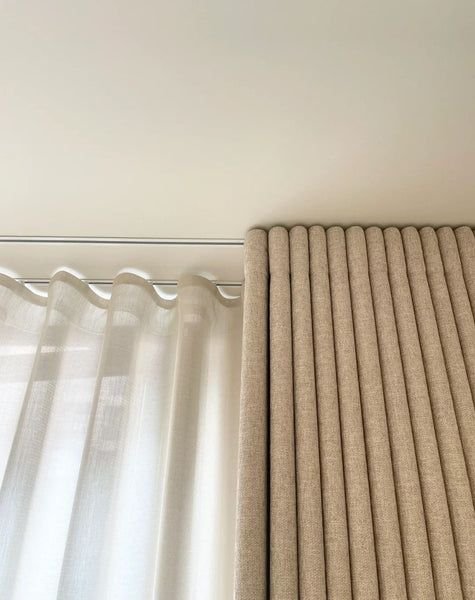Adult Acne Is Still A Thing
While acne is often associated with our teens and awkward years, it can easily follow us into adulthood and onward. Officially, acne is a skin condition that develops when dead skin cells and sebum (the oily substance that lubricates your skin) clogs hair follicles. Typically, hormones, such as androgen for sebum production, released during the onset of puberty can trigger acne. A particular bacteria, known as propionibacterium, also causes severe acne when it lodges on your face.
Other causes of acne include:
Rubbing the skin too vigorously
High humidity
Hormones during puberty and the menstrual cycle
Disturbing pimples
Oil-based beauty products.
Note: Pimples are only a symptom of acne and are not the condition in its totality.
Although there's no completely watertight method to eliminate acne forever, you can drastically reduce breakouts and keep your facial skin as clear as possible. Let’s look at some ways to do that.
Effective ways to prevent acne
1. Give your face a good wash
Sure, removing excess oil, dirt, and dead skin cells from your face will help prevent acne, however a good wash doesn't mean an excessive one. Over-washing your skin and eliminating the oils is a sure fire way to encourage your skin to produce more to cover the loss, thus leading to - you guessed it - acne.
Use warm (not hot) water and massage your face with your hands rather than a washcloth. If acne is severe, use a probiotic face wash for a more clinical clean. This will help inhibit the growth of a bacteria known as propionibacterium, which can cause acne.
2. Use beauty products tailored to your skin type
Most of us know by now that using products tailored to our skin type will help prevent over drying, irritation,
3. Use medication
Over-the-counter acne treatments are a way to go if you currently have pimples all over your face. They can help treat your condition and prevent future breakouts.
Some OTC acne prescriptions include:
Benzoyl peroxide
Salicylic acid
Sulfur
4. Drink sufficient water
Drink your recommended daily amount of water to keep your skin hydrated. Dehydrated skin leads to increased sebum production, which may result in acne.
5. Stay off makeup for some time
If you use makeup to cover up your acne and it just won't go, consider going bare for some time or apply minimally. It might take a while for you to see the effects, but going makeup free really does help significantly. Another great option is to go for non-comedogenic products as these are meant to not clog pores.
6. Touch your face less often
Touching your face can be quite tempting, but you could transfer bacteria in the process. Try to be mindful as best as you can. And most importantly, avoid popping those pimples!











